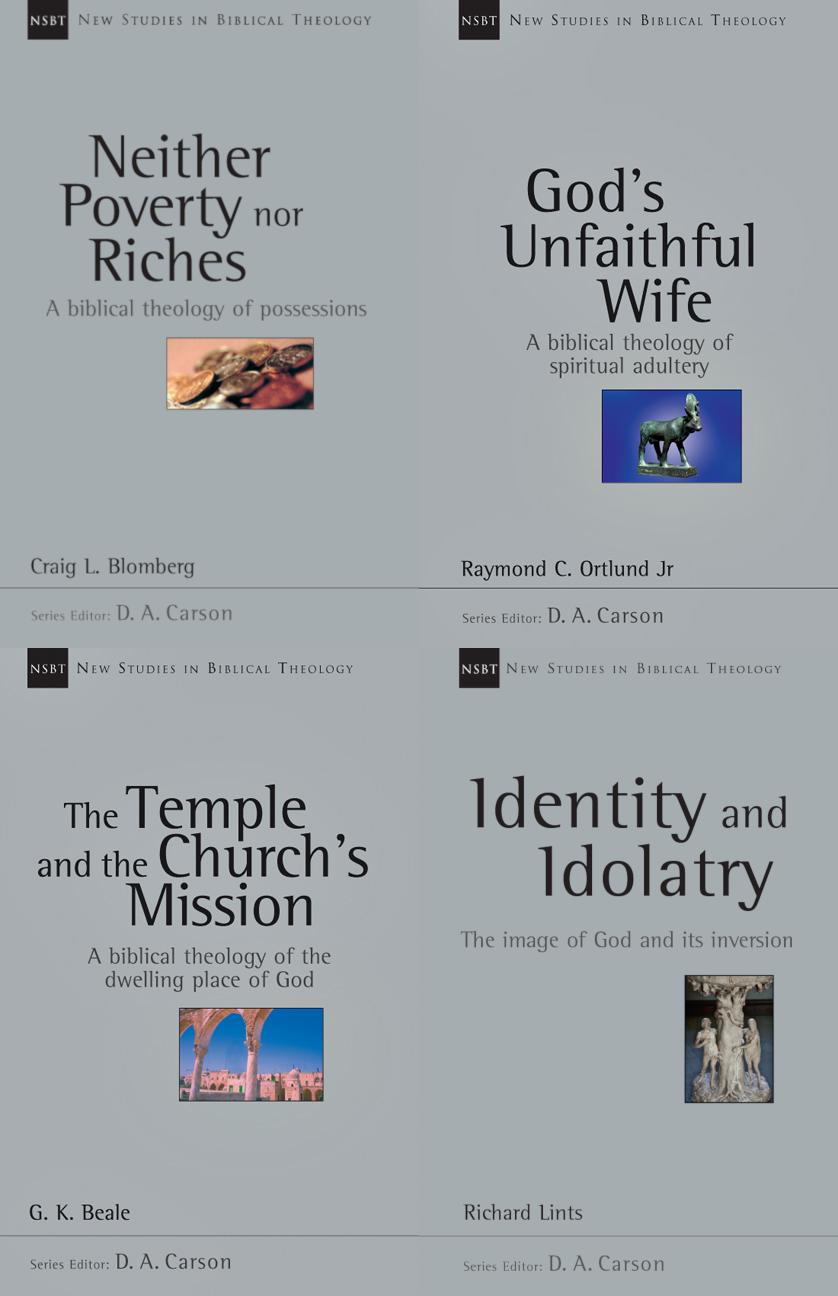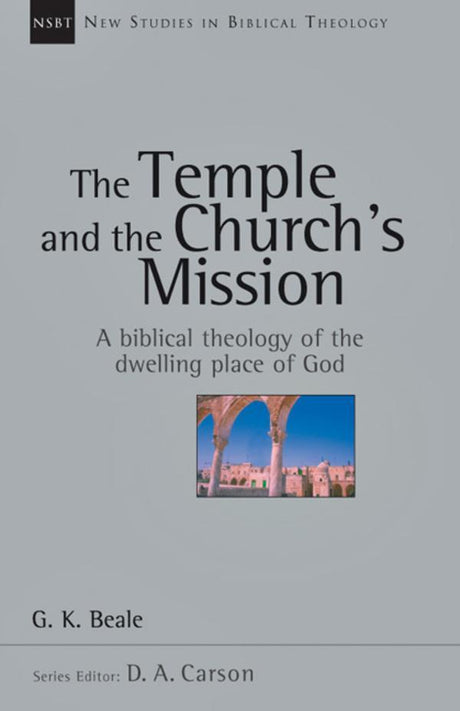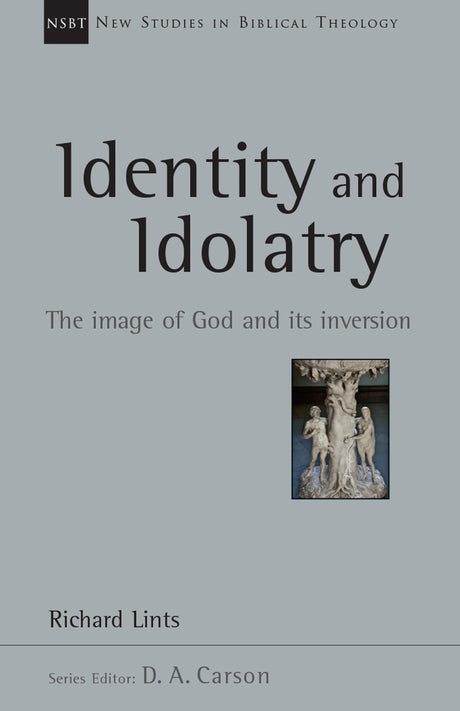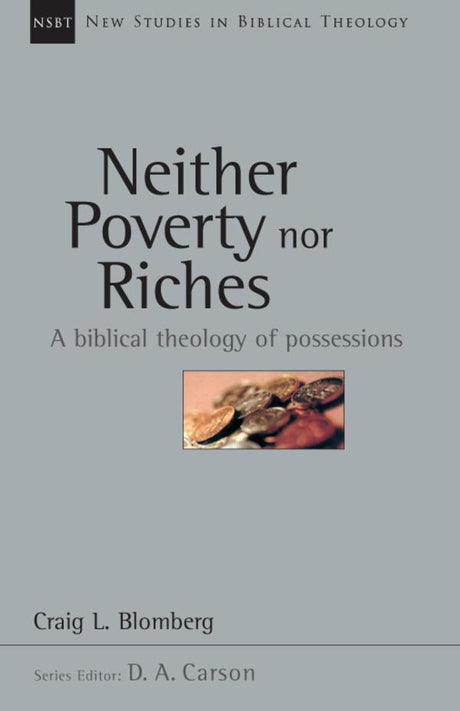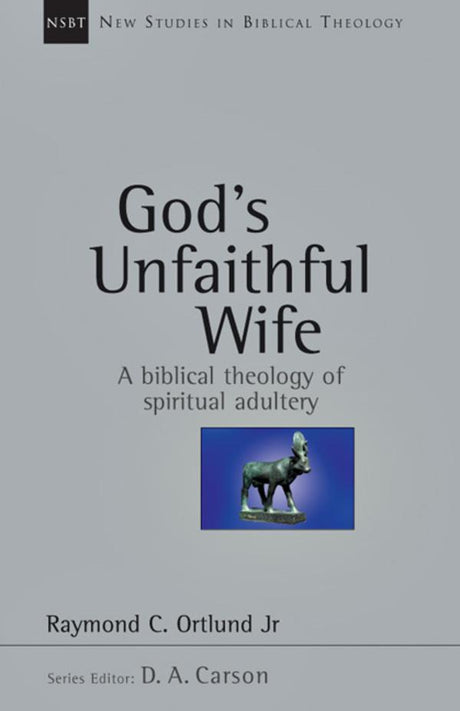The Essential Theology Bundle (NSBT)
Neither Poverty nor Riches by Craig Blomberg explores the Biblical attitude toward possessions. How do Christians who have accumulated wealth and possessions view the plight of the poor? Avoiding easy answers, he instead seeks a comprehensive biblical theology of possessions. Ending with conclusions and applications relevant to our contemporary world.
In God's Unfaithful Wife Raymond C. Ortlund Jr. examines how spiritual adultery stands in all its bluntness for a deeply offensive sin—the unfaithfulness of God's covenant people in departing from Yahweh, their husband, and going after false gods. Tracing the specific theme of marital unfaithfulness, the author shows the sad case of Israel’s failure. He then looks at how spiritual adultery is transcended by the vision of ultimate reality in Christ and his church—the Bridegroom and the Bride.
In The Temple and the Church's Mission G.K. Beale argues that the Old Testament tabernacle and temples were symbolically designed to point to the end-time reality that God's presence, formerly limited to the Holy of Holies, would be extended throughout the cosmos. Tracing the theme of the tabernacle and temple across the Bible's story-line, illuminating many texts and closely-related themes along the way.
In Identity and Idolatry Richard Lints observes that too rarely have Genesis 1:26-27 been understood as conceptually interwoven with the whole of the prologue materials of Genesis 1. The construction of the cosmic temple strongly hints that the "image of God" language serves liturgical functions. He argues that "idol" language in the Bible is a conceptual inversion of the "image" language of Genesis 1. These constructs illuminate each other, and clarify the canons central anthropological concerns. The biblical-theological use of image/idol is a thread through the canon that highlights the movements of redemptive history.
-
Cover Type
-
ISBN
-
Weight
-
Publisher
